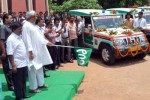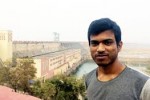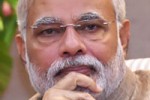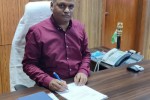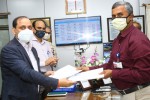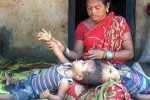Odisha Channel Bureau
Bhubaneswar: On the eve of International Day for Persons with Disabilities and as part of the 16 Days of Activism against Violence against Women and Girls, a webinar on `Towards a disability-inclusive, accessible and sustainable post COVID-19 world’ was organised by Centre for Advocacy and Research with support of Department of Social Justice and Empowerment, Blind Association of India and Odisha Livelihood Mission.
The webinar focused on the challenges that persons with disabilities (PwDs), are facing in the context of COVID-19. The challenges ranging from trying to access essential sanitation services to prevent the virus to securing social protection including financial assistance and necessary support for developing alternative livelihood.
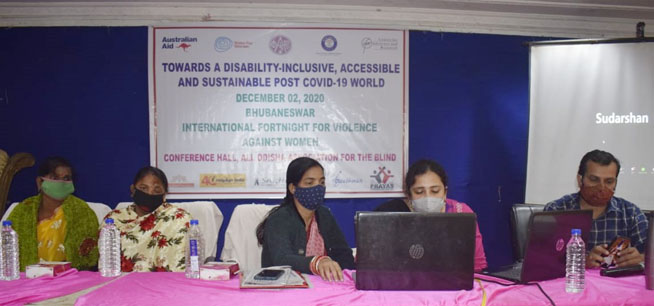
Akhila Sivadas, Executive Director, CFAR in her opening remarks, said “the webinar is the third in the series and today we are here to not only to take stock, reflect but also act together to address the present crisis that the disabled living in informal settlements are facing especially in trying to access adequate water, sanitation and hygiene services and facilities”.
Pramodini Maharana of Basti Bikash highlighted the plight of disabled persons. Speaking about this she said that “after a lot of struggle, when persons with disabilities were able to earn their livelihoods through doing petty business, the pandemic has once again pulled us down.”
She went on to add that the government has not extended enough support to help them overcome their day to day travails. She urged the government to think of some doable ways of supporting the disabled persons during this period of distress.
Mamata Rani Panda, a polio-affected anganwadi or ICDS worker from Balangir district understands the plight of persons with disabilities and knows the difficulties they face in availing ICD services.
Speaking about the needs of the disabled, she stated that in view of all the challenges they face the PwDs have developed a strong will power to cope with all manner of distress.
Dwelling on the emergency response needed for the disabled, Sanyasi Kumar Behera of SSEPD Department, Government of Odisha stated that “the government should come up with a plan to map the vulnerabilities of persons with disabilities and respond to their acute distress and deprivation”.
Behera added that a special package should be made available to take care of the livelihood activities of the disabled who are poor and living in cramped spaces.
Focussing on the water and sanitation needs of the disabled, Behera emphasised that this must be taken up on a priority basis by the government so that the persons with disabilities get it as their entitlement and right. The law on Rights of Persons with Disabilities should also be amended with a special mention on having access to adequate water and sanitation services especially in the context of the pandemic.
Basant Nayak, Programme Manager, Centre for Youth and Social Development, Bhubaneswar said that behind any intervention, budgeting is the most essential component and when we talk about budgeting for disabled, data segregation is the most essential element. The government must enumerate persons with disabilities to know the actual size of the population and allocate resources accordingly.
Water, sanitation and hygiene are essential for prevention of COVID-19 and more importantly for persons with visual impairment, limited mobility and those who are mentally challenged stated Bhushan Punani, Executive Secretary Blind People’s Association.
He further elaborated that State is mandated to provide access to water, sanitation and personal hygiene on equal basis to persons with disabilities as matter of right. We must prevail upon concerned authorities to extend these facilities as a matter of right.
Baijaynti Mohanty, Block Programme Manager of Odisha Livelihood Mission in Kendrapada district emphasised that “building more awareness of various schemes is essential as it will enhance motivation, improve ability to be independent develop entrepreneurial skills, capacity to be self-reliant and work closely with the service providers”
Rabindra Satpathy, District Disability Rehabilitation Officer, Sambalpur stated that any welfare schemes for persons with disabilities needs to focus on livelihood development and to ensure that they are able to achieve social, educational and economic empowerment.
The webinar was a part of the project, Water for Women: Mobilizing, Facilitating and Replicating Socially Inclusive WASH Initiatives in India’s Urban Slums, supported by Water for Women Fund, Government of Australia. It was attended by 65 government officials, development organisations and community representatives.




